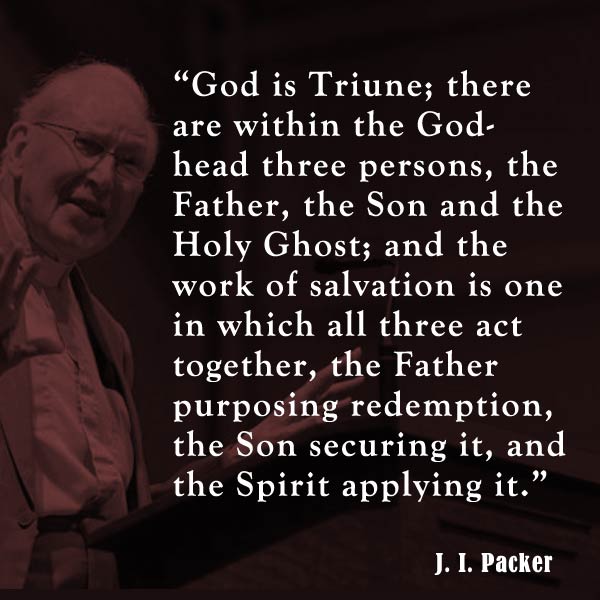Shall We Break Fellowship with Churches that Promote Same-Sex Romance?
Question: Is promoting same sex romance in the church a primary issue or a secondary issue? In other words, shall we break fellowship with churches that promote this or shall we treat them as brothers?
Answer: This is a primary issue, because it is a gospel issue. Those who embrace these practices in the church are withholding the gospel from an entire group of men and women who are created in the image of God. While you and I appeal to Jesus to save us from our greed, our idolatry, our sexual immorality, and a multitude of other sins for which we are guilty and justly deserve the wrath of God, incredulously, this one sin is somehow being made exempt. Thus, in order to be popular with the spirit of the age, they sacrifice the precious lives an entire group.

 In his book
In his book 
 by John Murray
by John Murray by John Calvin
by John Calvin